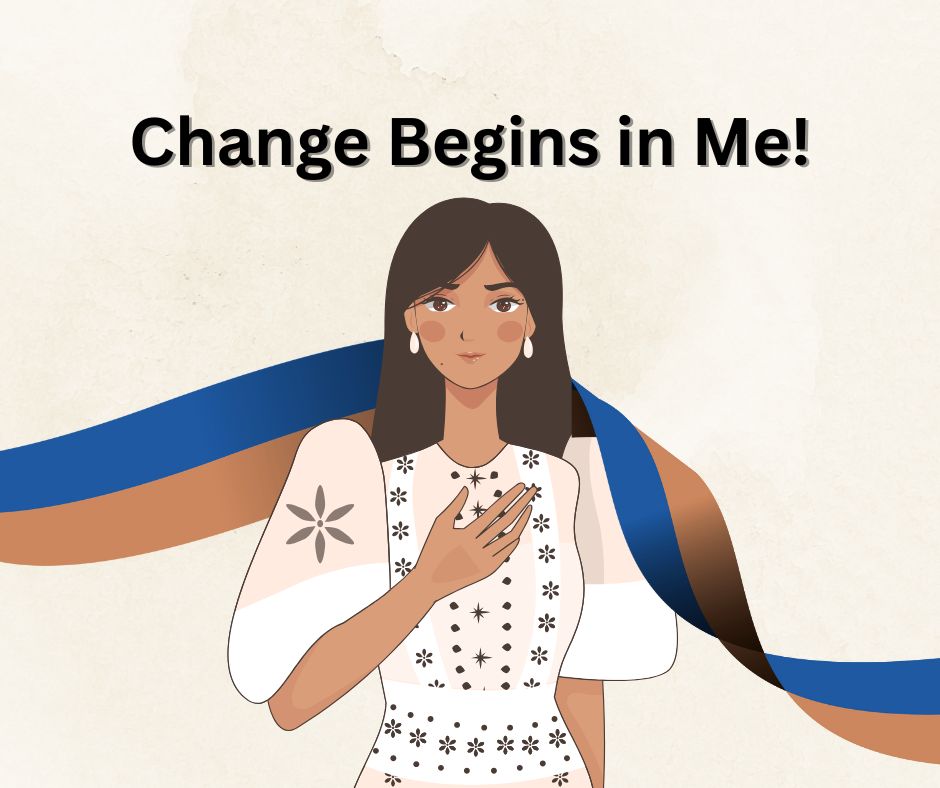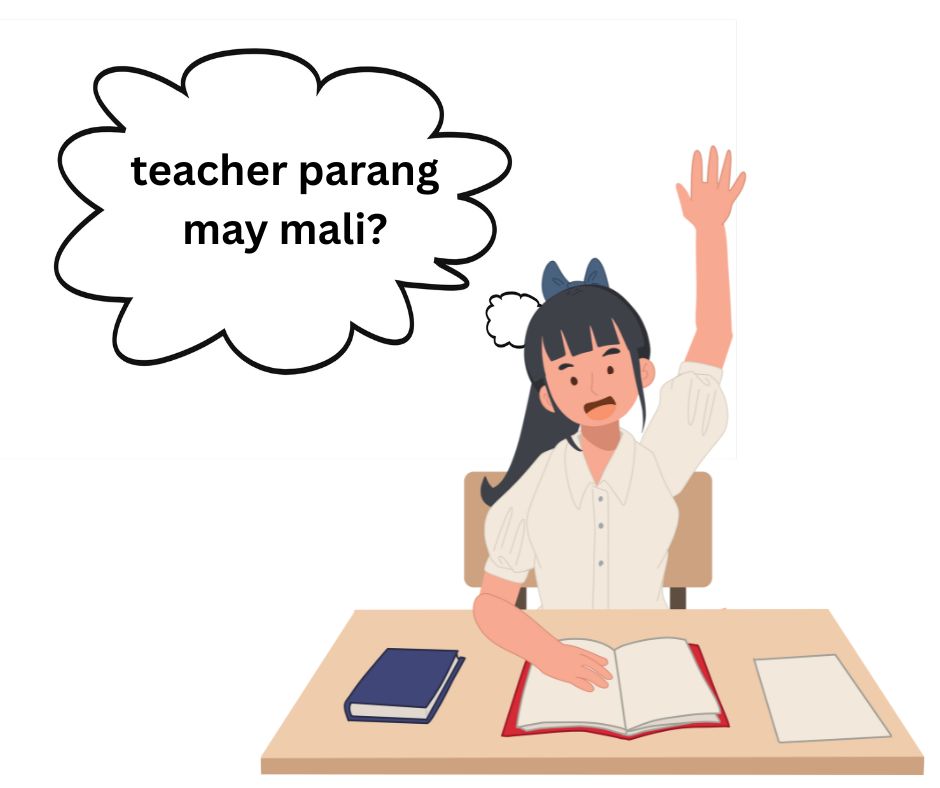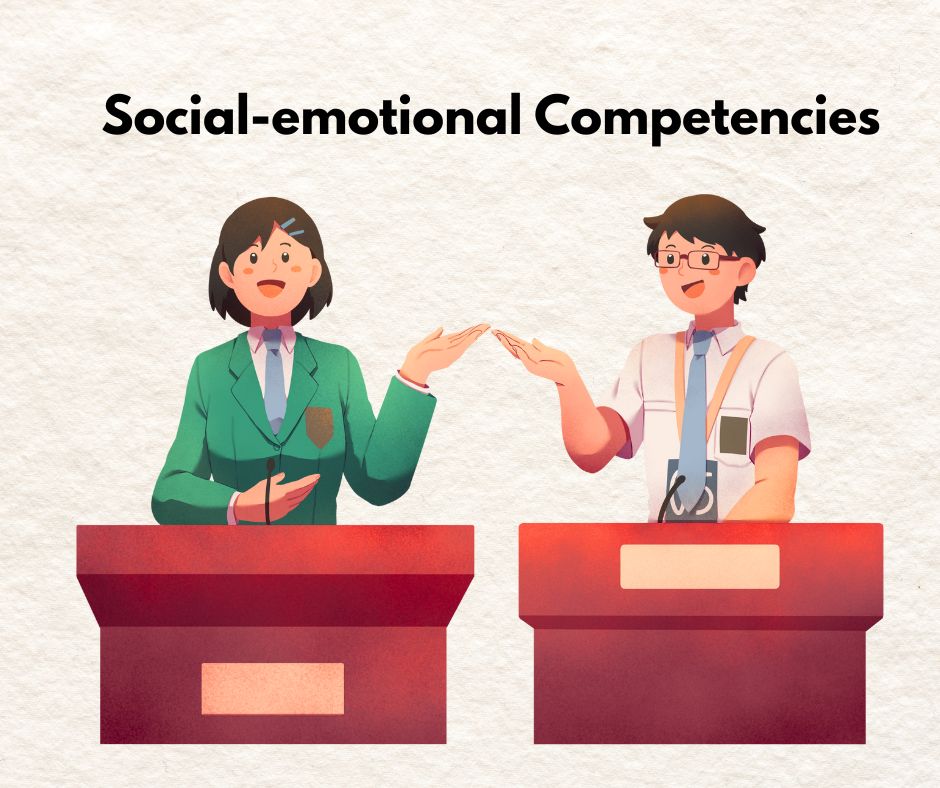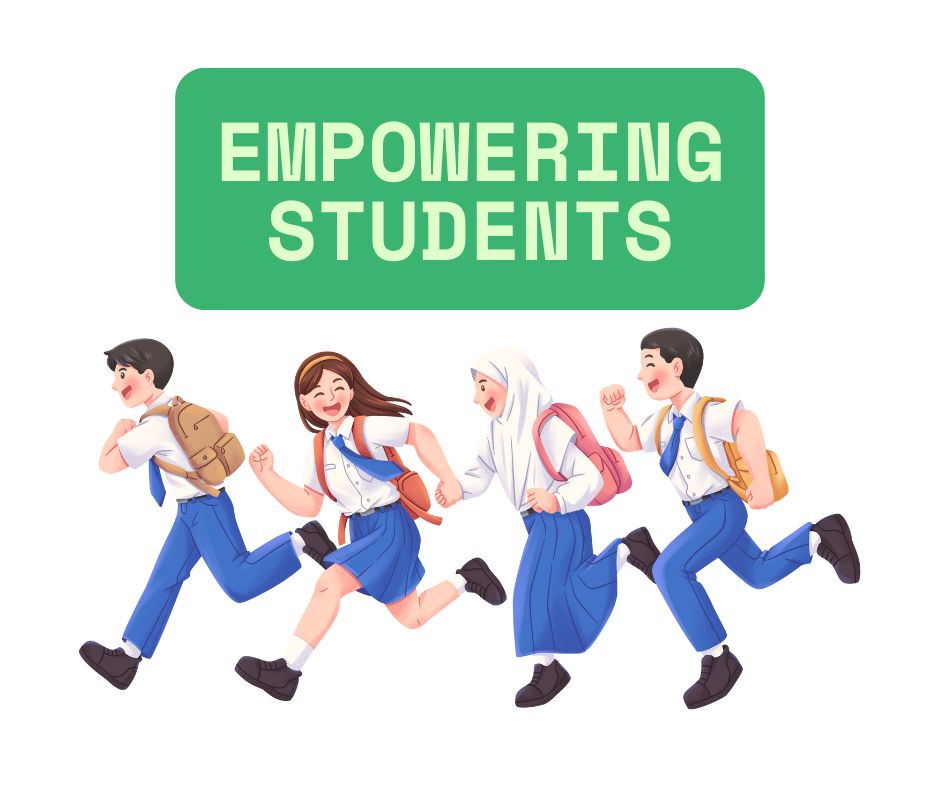The lessons on Teaching Perspective and Approaches created a significant change in my behavior. As an aspiring facilitator of learning, I understand the importance of knowing and practicing the foundational theories of teaching and learning. I felt the excitement run through me as I read the contemporary educational discourse. I thought to myself, how blessed are the students of this generation!
Growing up in a traditional learning environment kept me from being able to fully express my true emotions and thoughts. I thought being smart meant obedience. I could not help but relate to the Asian norm of an authoritative parenting style mixed with traditional school environments. The distinction made by Torrance (1963) between learning creatively and learning by authority, enhanced my knowledge of how students learn more effectively.

Perspectives
Another thing that stood out to me in this course is one of the central ideas of contemporary education, which is that learner differences are resources, not obstacles. I used to hate being corrected and find it challenging to handle opposing ideas. Now, I suddenly crave other people’s perspectives. I enjoy debates more than ever without feeling stressed, offended, or too emotionally invested. This is perhaps one of the most significant transformations in me as I further build on self-reflection. The thing is, I know the theories of learning, but this made me figure out how my perspective could significantly affect their effective delivery. I would have found it hard to properly address a student who made corrections or gave an opposing idea in my lesson. I would assume the student was questioning my knowledge or level of expertise.
To have a better perspective means needing to make better assumptions. As a teacher, I should not jump to conclusions instead seek facts and evidence first. It dawned on me that I, as a teacher, might be the cause of educational disparities if I would not be able to assess myself and change. The critical juxtaposition of my personal values, beliefs, attention, knowledge and assumptions versus a contemporary educator of the 21st century resulted in the evolution of my perspective.

SEL
Recent viral social media videos involving students in a violent altercation made me ponder on how we should address this. Integrating social-emotional learning in our education curriculum came as an answer to my unspoken questions. I was looking for an approach that would balance academic and social skills. I aim to be able to integrate social-emotional learning in order to prevent student violence. But how do I actually do it? The crosswalk between the 10 teaching practices that promote social-emotional competencies and the three teacher evaluation frameworks was like a concise presentation of applying the knowledge base in teaching.

When I was in school, social-emotional aspects were just in the GMRC class. There was little to none of SEL integration to other subjects since it was more on a teacher centered approach and content focus. Looking back on my high school days, I wish I was a better student and leader. To be able to integrate the 5 core social-emotional competencies in the classroom is essential to achieve holistic development. Just like how this course changed me through practicing reflection, I would like the students to be able to recognize their emotions, interests and strengths. Be able to express their creativity without feeling any pressure from peers and negative cultural norms such as our over emphasis on “hiya” and “pakikisama”
To have students who are able to practice self and relationship-management in order to focus and reflect on their academic journey at the same time regulate their emotions when facing complex situations. I imagine a better collaboration with SEL. Students will be able to set aside differences, form respect and safety to achieve common goals. The integration of SEL to subject matters is more than just addressing bullying, but also preparing students for the real-world. It excites me more to be part of the future leaders of this country. Filipinos who are knowledgeable, technologically competitive, and at the same time responsible decision makers.
